Living a debt-free life is a dream for many, but it often feels out of reach. However, taking control of your finances and reducing your debt is not just possible—it’s attainable with the right strategies. This guide provides practical tips that anyone can apply to start reducing their debt today.
Whether you’re struggling with student loans, credit card debt, or other financial burdens, these 30 actionable steps will help you pave the way to financial freedom.
Why Living a Debt-Free Life is Important
Debt can be overwhelming, affecting your mental and physical health, and limiting your financial freedom. Living within your means and avoiding unnecessary debt is crucial for achieving long-term financial stability and peace of mind. Understanding the types of debt that are necessary and those that should be avoided can significantly impact your financial well-being.
Here are the 30 best practical things you can do to reduce your debt and live a debt-free life.
Create a Budget and Stick to It

Creating a budget is the foundation of financial health. Track your income and expenses to understand where your money is going. Allocate funds for essentials like rent, groceries, and utilities, and limit discretionary spending. Use budgeting apps or a simple spreadsheet to monitor your progress.
Cut Unnecessary Expenses
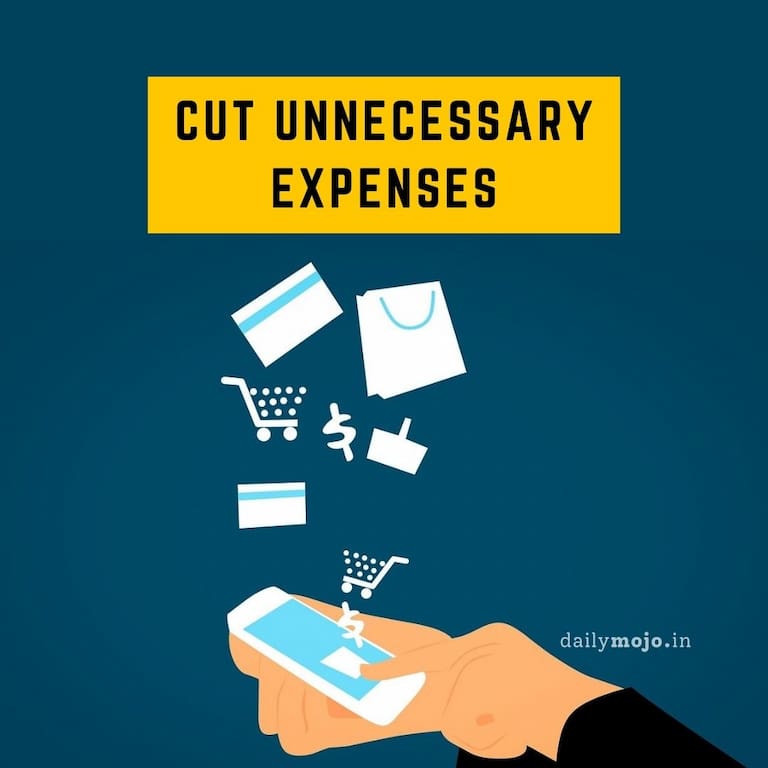
Identify and eliminate unnecessary expenses. Cancel subscriptions you don’t use, cook at home instead of eating out, and find cheaper alternatives for daily necessities. Small savings can add up over time and make a significant impact on your debt reduction efforts.
Increase Your Income
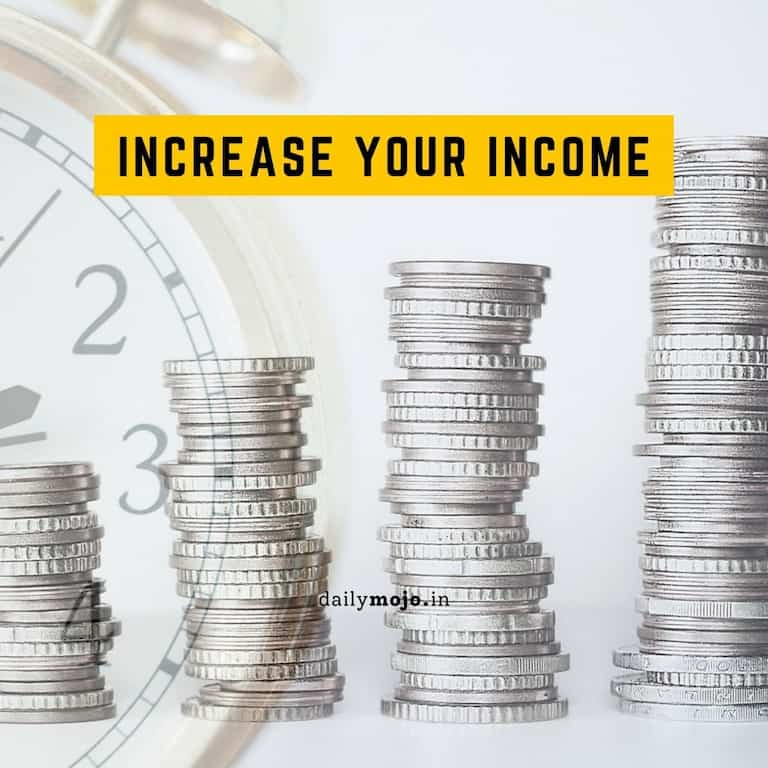
Look for ways to boost your income. This could mean asking for a raise, taking on a part-time job, or starting a side hustle. Extra income can help you pay off your debt faster and build a financial cushion.
Pay More Than the Minimum Payment

If you’re only paying the minimum amount on your debts, you’re prolonging the payoff period and paying more in interest. Try to pay more than the minimum to reduce your principal balance faster.
Prioritize Paying Off High-Interest Debt

Focus on paying off high-interest debts first. Credit cards and payday loans often have higher interest rates, which can accumulate quickly. By prioritizing these debts, you’ll reduce the overall amount you owe more effectively.
Consolidate Your Debts

Consider consolidating your debts into one loan with a lower interest rate. Debt consolidation can simplify your payments and reduce the interest you’re paying, making it easier to manage and pay off your debts.
Use the Snowball Method

The snowball method involves paying off your smallest debts first while making minimum payments on larger debts. Once a small debt is paid off, move to the next smallest. This method builds momentum and provides a psychological boost as you see debts disappearing.
Negotiate With Creditors

Don’t hesitate to contact your creditors to negotiate lower interest rates or better payment terms. Many creditors are willing to work with you if it means they will receive their payments.
Avoid Taking On New Debt
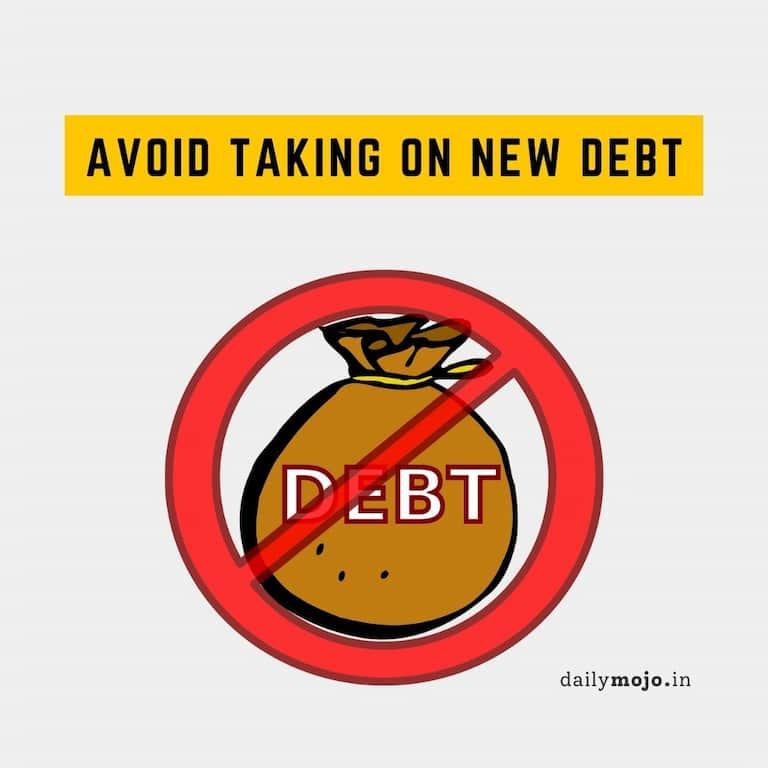
While you’re focused on paying off existing debt, avoid taking on new debt. This means no new credit cards, loans, or financing plans. Focus on living within your means and paying down what you already owe.
Set Financial Goals

Set clear, achievable financial goals. Whether it’s paying off a specific debt by a certain date or saving a particular amount, having goals can keep you motivated and on track.
Create an Emergency Fund

Having an emergency fund can prevent you from going into debt when unexpected expenses arise. Aim to save at least three to six months’ worth of your current living expenses in your emergency fund.
Sell Unwanted Items

Selling items you no longer need can provide a quick cash infusion to pay down your debt. Use online marketplaces or have a yard sale to declutter your home and boost your finances.
Use Cash, Not Credit
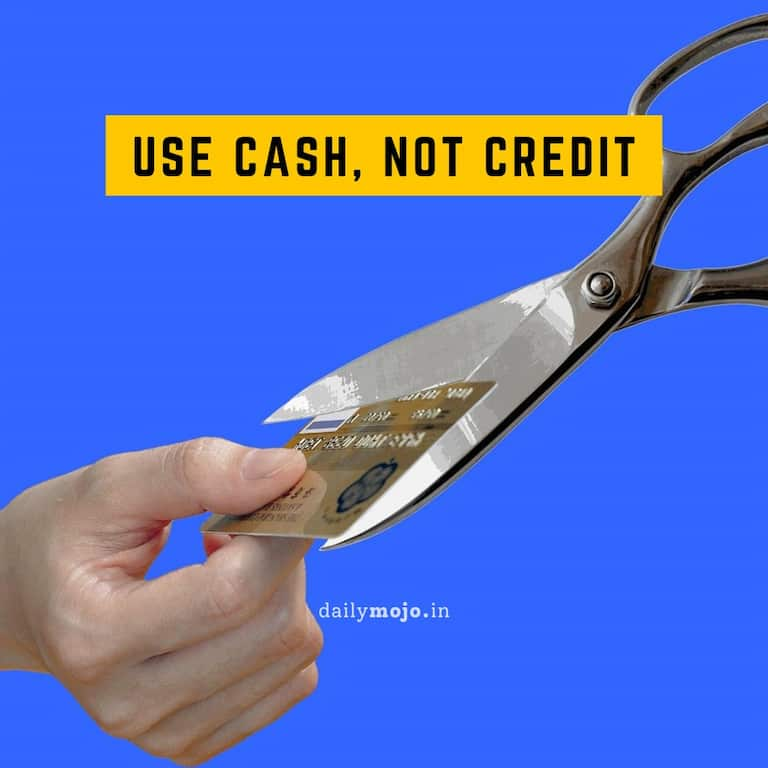
Switch to a cash-only system to curb your spending. When you use cash, you’re more aware of how much you’re spending, which can help you stick to your budget.
Track Your Spending
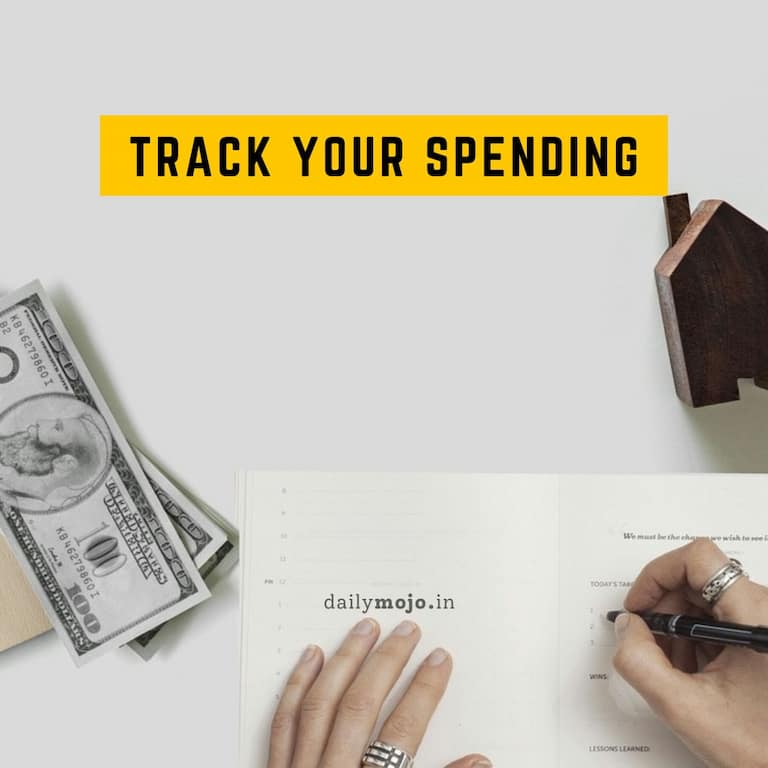
Keep track of every penny you spend. This will help you identify spending patterns and areas where you can cut back.
Review and Adjust Your Budget Regularly
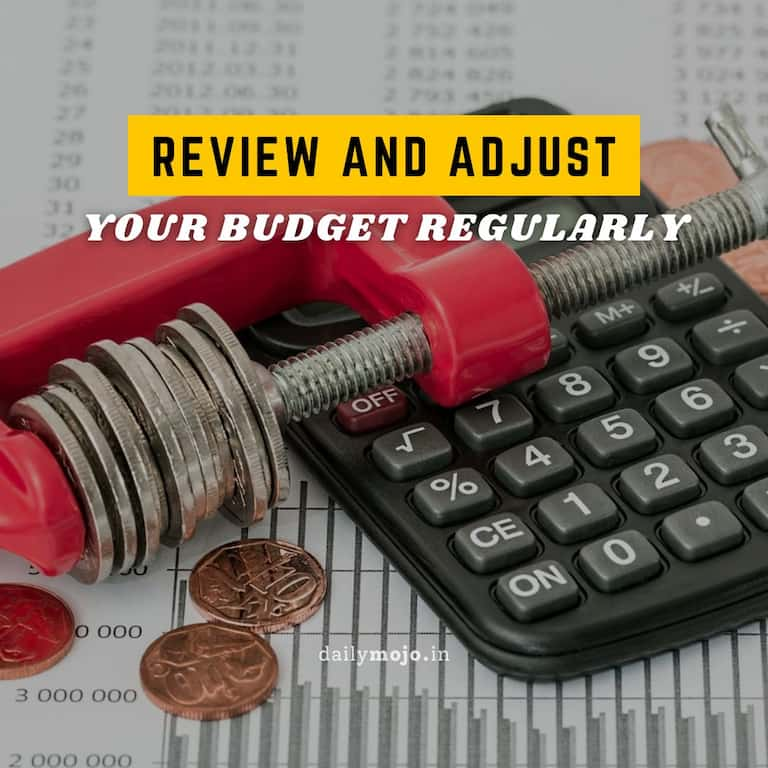
Your budget is a living document. Review it regularly and make adjustments as needed. This ensures that your budget remains effective and relevant to your financial situation.
Use Windfalls Wisely
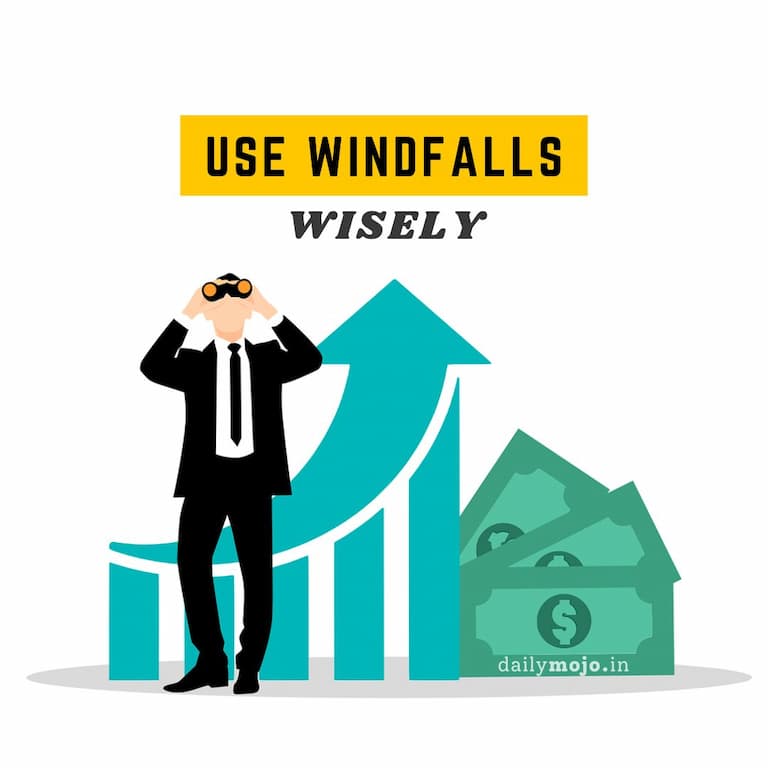
Use bonuses, tax refunds, or other windfalls to pay down your debt. Instead of splurging, put this extra money toward your financial goals.
Live Below Your Means

Adopt a lifestyle that’s below your means. This means spending less than you earn and saving the difference. It’s a simple but powerful way to build financial health and reduce debt.
Limit Eating Out

Eating out can be expensive. Try to cook at home more often and save dining out for special occasions. Meal planning and cooking in bulk can also save time and money.
Buy Generic Brands

Opt for generic brands instead of name brands. Many generic products are just as good as their branded counterparts and can save you money.
Automate Your Savings

Set up automatic transfers to your savings account. This ensures you’re consistently saving money without having to think about it.
Use Coupons and Discounts

Take advantage of coupons, discounts, and sales. Whether it’s for groceries, clothing, or entertainment, using coupons can significantly reduce your expenses.
Limit Impulse Purchases

Avoid impulse purchases by waiting 24 hours before buying something non-essential. This gives you time to consider whether you really need it.
Seek Professional Help

If you’re overwhelmed by debt, consider seeking help from a financial advisor or credit counselor. They can provide personalized advice and help you create a plan to get out of debt.
Educate Yourself on Personal Finance

Invest time in learning about personal finance. There are many free resources available online, including blogs, podcasts, and videos. The more you know, the better you can manage your money.
Join a Support Group

Join a support group for people dealing with debt. Sharing experiences and tips with others in similar situations can provide encouragement and new ideas for tackling your debt.
Use a Debt Repayment Calculator
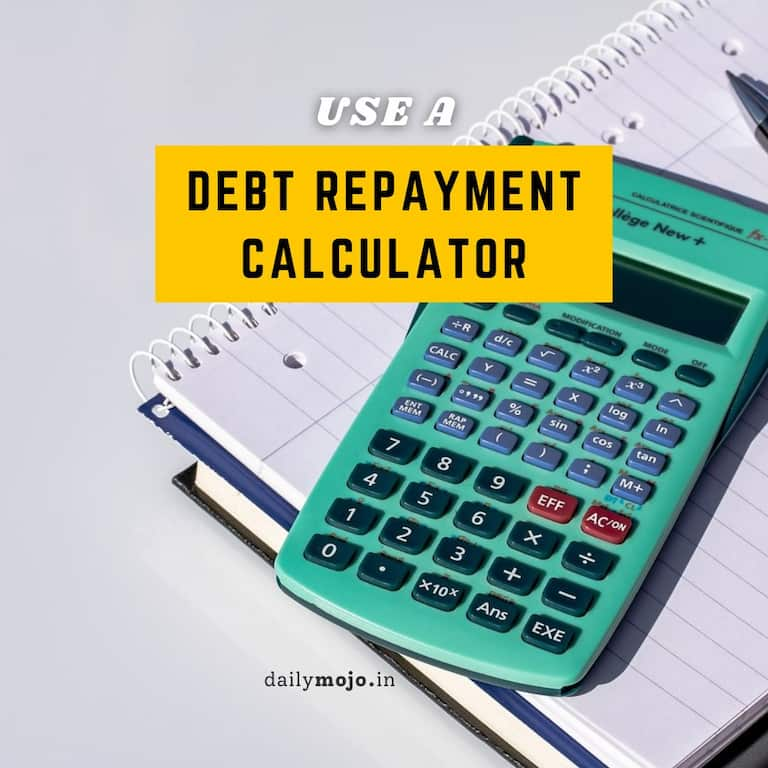
Use online tools and calculators to create a debt repayment plan. These tools can help you understand how long it will take to pay off your debts and how different strategies can affect your progress.
Take Advantage of Employee Benefits

Check if your employer offers benefits that can help with your finances, such as financial wellness programs, tuition reimbursement, or retirement savings matching.
Refinance Your Loans

Refinancing loans to get a lower interest rate can save you money over time. This is especially useful for student loans and mortgages. Rates of interest for housing loans for example keep on changing. And therefore, by refinancing your loan from a different institution can help save a lot of money on interest payments.
Practice Mindful Spending
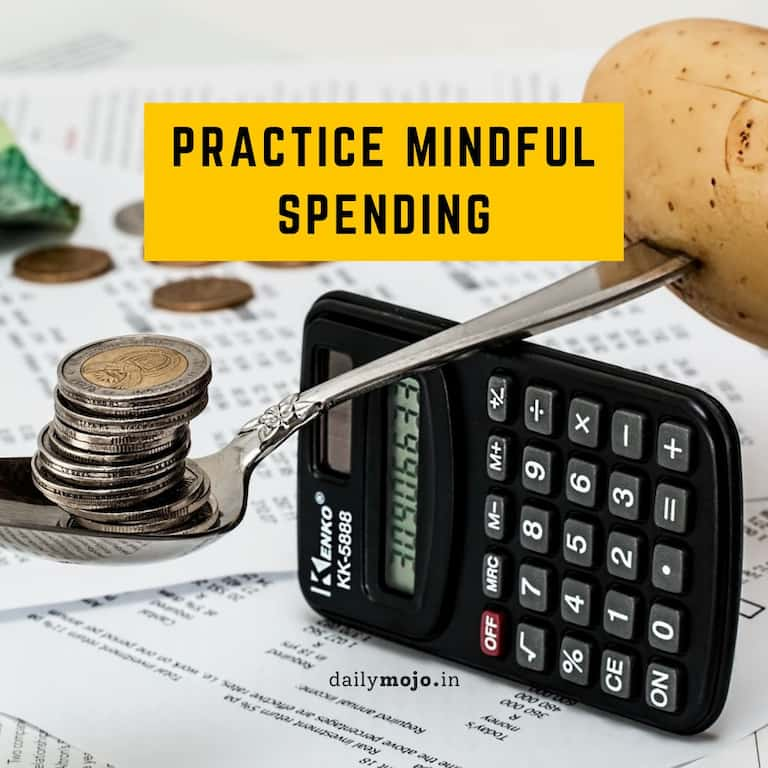
Be mindful of your spending habits. Before making a purchase, ask yourself if it aligns with your financial goals and if it’s something you truly need.
Stay Motivated and Positive

Debt repayment is a long journey, but staying motivated and positive is key. Celebrate small victories along the way and remind yourself of the progress you’re making.
Over to You
Reducing debt and achieving financial freedom is a journey that requires dedication and smart financial choices. Start implementing these tips today to take control of your finances and move toward a debt-free life.
Please consider sharing this post with friends and family who may benefit from these practical strategies, and let’s spread the word about living debt-free.